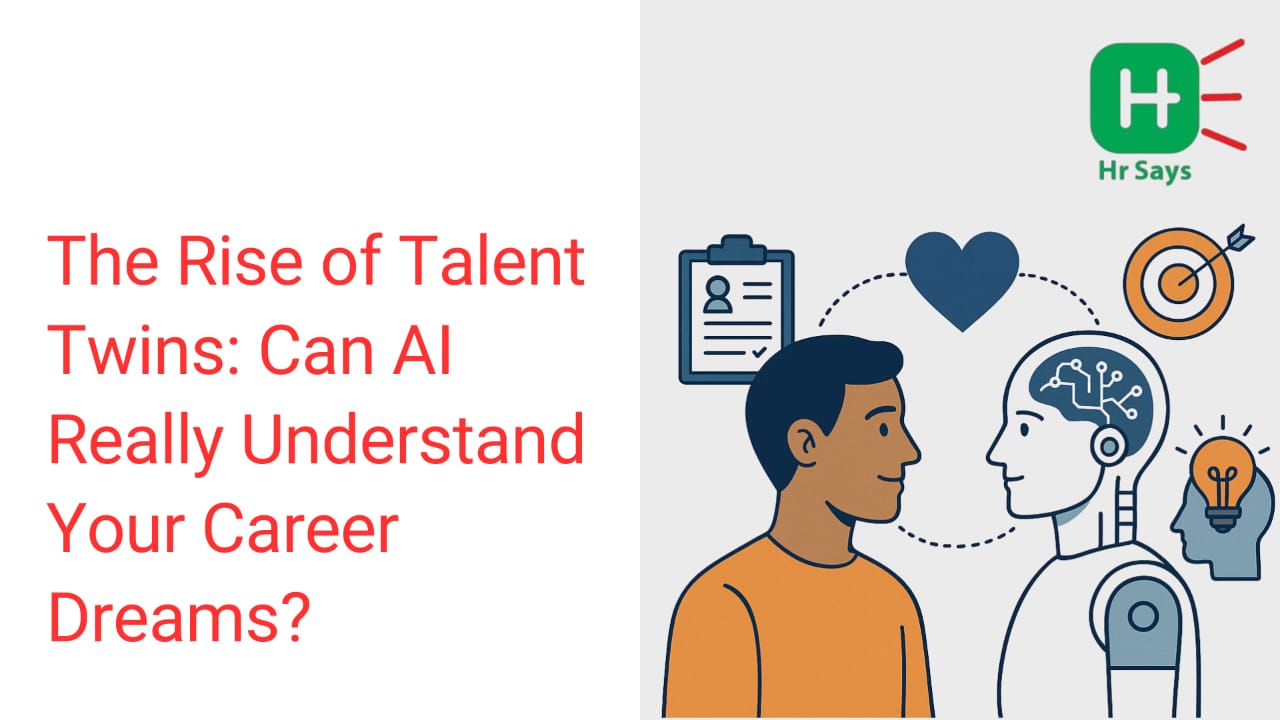What if a digital version of you could help plan your career? Not just your current role—but where you could go, what skills you’d need, and what drives you to keep going? That’s the idea behind Talent Twins. And it’s already happening.
What Exactly Is a Talent Twin?
A Talent Twin is a virtual profile, powered by AI. It gathers information—skills, roles, behaviors, learning patterns. Then it matches you with opportunities, mentors, or career paths.
It’s not just a résumé on steroids. It’s designed to evolve, just like you do.
Behind the screen, systems track:
● What you're learning
● Where you’re performing well
● What roles people “like you” are moving into
● Gaps you might want to fill
● Motivators based on your activity, not just your words
It sounds futuristic. But many platforms are already experimenting with this approach—quietly, in the background.
Promise vs. Pitfall: The Line Is Thin
Talent Twins offer something attractive: clarity in confusion.
But they also raise questions:
● Can career decisions be made by pattern recognition?
● What happens when the AI suggests paths based on what’s worked before—not what could be new?
● Do you become your data trail?
The risk is subtle: prediction becoming prescription. If your digital twin says “you’re best suited
for management,” does that shape your ambition—or limit it?
Sometimes, what isn’t measured matters most.
Where It’s Going: Trends to Watch
Even with questions, the growth is real. Large firms are using Talent Twins to:
● Predict internal mobility
● Offer personalized training tracks
● Reduce churn by suggesting lateral moves
● Align people strategy with business goals
In theory, it’s a win-win. The company keeps good people. The individual gets guided growth.
But the design matters.
These tools must stay:
● Transparent
● Optional
● Human-reviewed
Because ambition isn’t always linear. And no algorithm can fully grasp curiosity, resilience, or gut
instinct.
Conclusion
The Talent Twin isn’t replacing you. But it’s sitting beside you—quietly learning. It can help. Or it
can trap.
The line between insight and influence is thin. The future of careers might be mapped in code.
But it’s still your story to write.

 AI is now shaping how careers evolve. Talent “twins”—digital profiles that mirror human
aspirations—are being created to map, match, and even predict professional journeys. But can
algorithms really understand ambition, purpose, or potential?
AI is now shaping how careers evolve. Talent “twins”—digital profiles that mirror human
aspirations—are being created to map, match, and even predict professional journeys. But can
algorithms really understand ambition, purpose, or potential?








.jpeg)
.jpeg)

.jpeg)





.jpeg)



.jpeg)

.jpeg)



